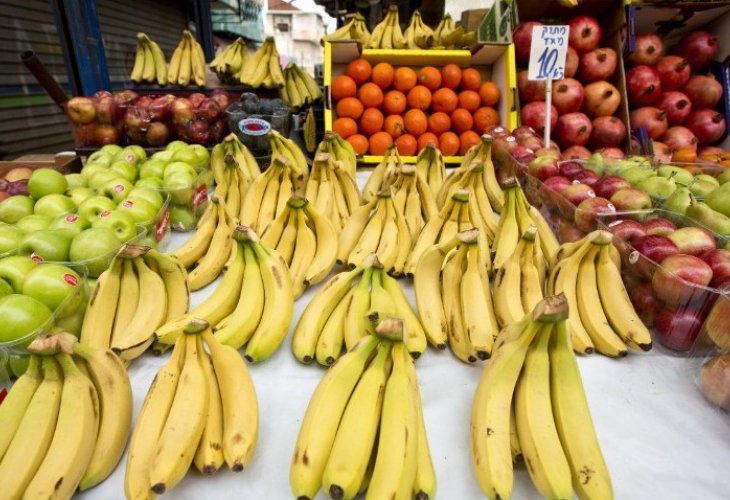Prohibition on Trading Shemitah Fruits
Trading fruits with Shemitah sanctity is forbidden. What does this mean for us? A brief halachic guide

The Torah states: "The land shall be for you to eat," and our Sages interpreted this to mean "for eating and not for commerce." In other words, it is forbidden to trade fruits that have Shemitah sanctity. Just as it is forbidden for a person to trade in Shemitah fruits, it is likewise forbidden to purchase these fruits.
Only fruits that have Shemitah sanctity require observance of the prohibition on commerce. However, fruits without Shemitah sanctity may be traded normally, such as fruits grown on land owned by non-Jews, etc.
The prohibition on trading Shemitah fruits applies to both men and women.
When a rabbinical court sells fruits from Otzar Beit Din (court storehouse) that have Shemitah sanctity, they should not sell them by weight, count, or measure, but only by estimation.
If someone transgressed and traded Shemitah fruits, the sanctity transfers to the money received, and this money acquires sanctity. One must use this money to purchase food or give it to the poor, and the food purchased with this money will have Shemitah sanctity. Care must be taken not to waste these items. However, one should not use this money to purchase things normally bought throughout the year, or to pay debts, such as giving it as a wedding gift or using it to pay an obligation, even for a mitzvah.
Fruits from land owned by non-Jews do not have sanctity, and therefore may be sold and traded.
Some authorities hold that there is a mitzvah to eat fruits that have Shemitah sanctity.

